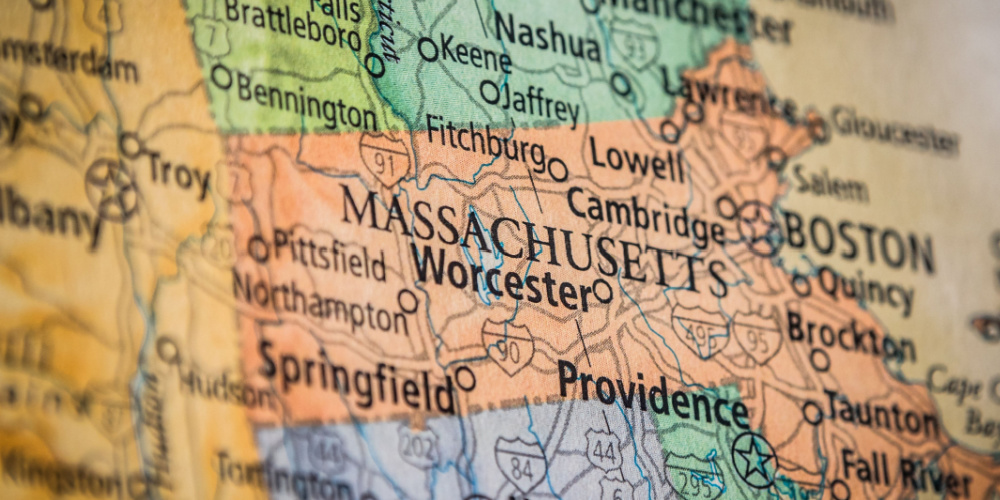Massachusetts, one of a number of states that face a budget black hole due to the COVID pandemic, is considering taking the fast track to legalized sports betting. The move would see much needed revenue feeding back into state coffers which have been impacted badly by the health crisis.
Late last week, the state legislature revealed it was processing proposals to legalize sports wagering as part of an economic development bill said to be worth $372m. The funding would be used to shore up job training, education, tourism and child care among several other initiatives.
Crucially, the details of the sports betting proposals include provision for mobile betting as well as bricks and mortar wagering. Betting on college sports has also been built into the legislation, but does not allow for in-game prop wagers. The tax rate has been set at 15% with a further 1% levy payable to sports venues that will fund integrity and security.
The cost of entry for operators has been set at $250,000 for a licence application which will run for an initial period of five years, renewable thereafter for $100,000 every five years. Casinos, racetracks and DFS companies that are licensed in Massachusetts will be able to operate sportsbooks.
Revenue from sports betting will be considered increasingly attractive as Massachusetts faces unusually higher levels of unemployment and dwindling tax receipts in the face of the COVID outbreak.
According to the Massachusetts Taxpayers’ Foundation, the state could be looking at a $6bn budget shortfall, the economic impact of which is likely to be felt for several years.
Already, state Department of Revenue collections have fallen by $2.25bn due largely to a shortfall in April of 54% versus the same period in 2019. In May, the state collected $1.7bn worth of tax revenues, 13% less than it did year-on-year and 15% behind state projections.














